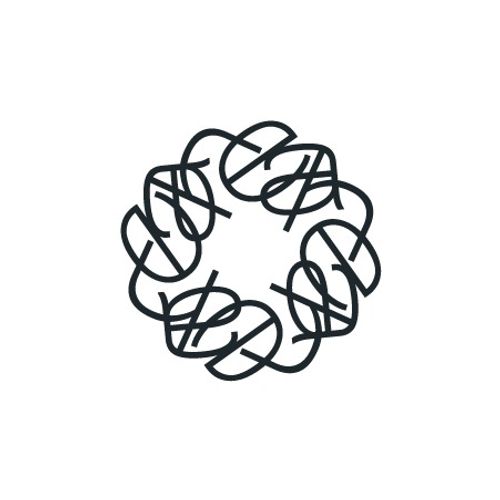Episode 120
Screening for Sickle Cell Disease (with Prof David Rees)
Join us for an insightful episode featuring Prof David Rees from King’s College Hospital in London as he discusses screening practices for Sickle Cell disease (SCD). Hosted by Dr Sarah de Vlieger, this discussion explores both antenatal and neonatal screening practices for Sickle Cell disease.
The conversation begins with an examination of antenatal screening challenges, comparing various techniques such as carrier screening, amniocentesis, chorionic villus sampling, and emerging non-invasive prenatal testing. Prof Rees and Dr de Vlieger then address the complex decisions arising from these test results and the disparities in screening access across different countries and cultures.
Moving to neonatal screening, Prof Rees emphasizes its crucial role in implementing early preventive measures. He advocates for the inclusion of Sickle Cell testing in general neonatal screening programs throughout Europe and aspires for screening to become more accessible in regions with higher disease prevalence.
Host: Sarah de Vlieger, EHA Head of Education
Guest: Prof David Rees
Learn More
What did you think of this podcast? Share your opinions with us in this short feedback survey.
Would you like to explore more eLearning or podcasts? Please visit the EHA Campus.
Subscribe, share, and review this podcast to be able to address topics you enjoy and like to listen to.
Follow EHA on Instagram: https://www.instagram.com/EHA_Hematology/
Facebook: https://e-h-a.link/facebook
LinkedIn: https://www.linkedin.com/company/eha/
Email us: education@ehaweb.org
Subscribe to receive the EHA Educational Updates via https://eha.news/subscribe

